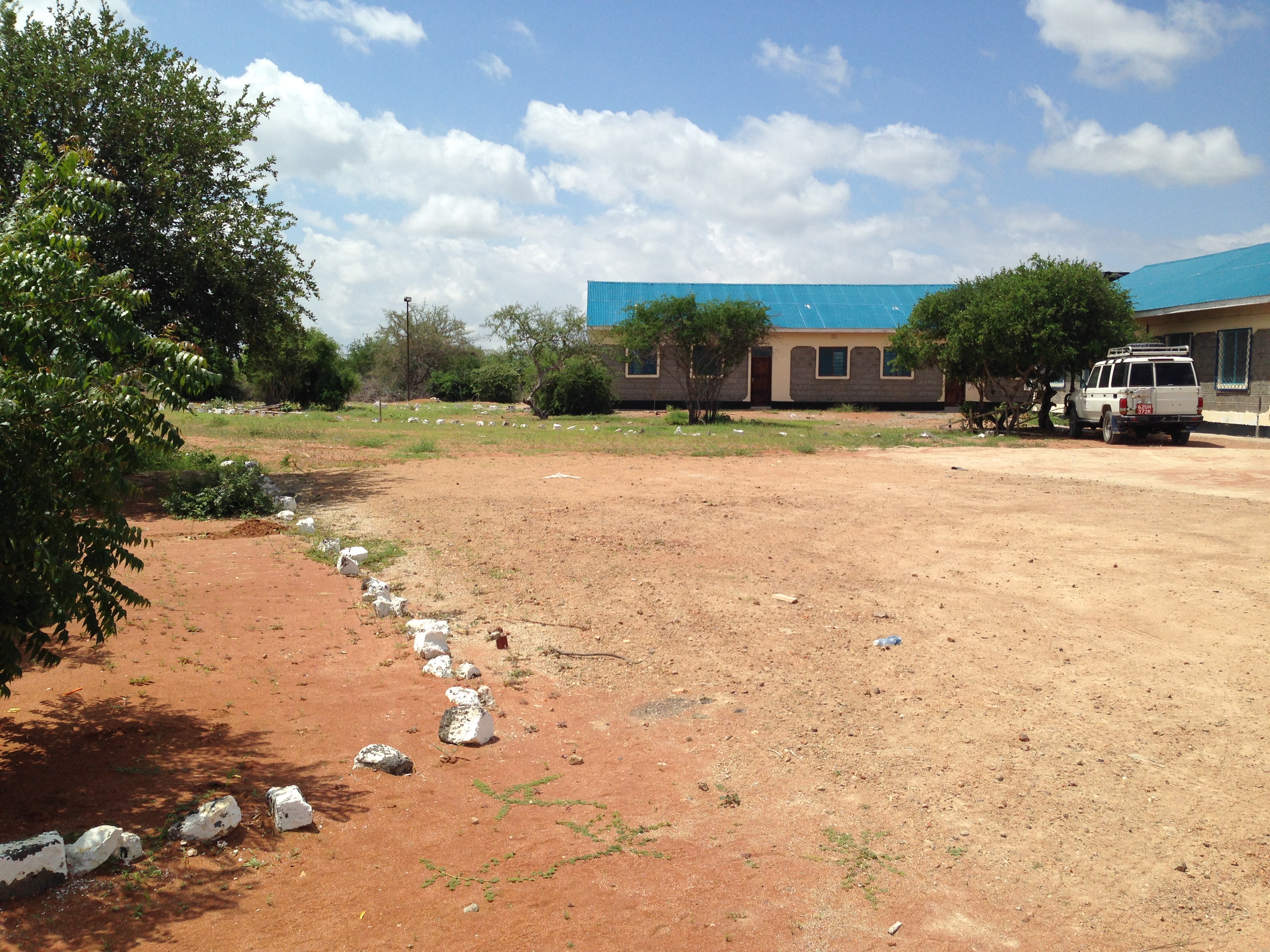
The eldest amongst them cleared his throat. “Hmm” he said, “Gentlemen, when a problem happens, we ask ‘how do we solve it?’ and not ‘how did it happen?’”
It is common to start trials with such words and it is usually meant to make the elders from the victim’s side see things outside the box and conform to the fact that the gathering is to find a solution and not create another problem. This time the case was between Fatima and Sahra who fought at the tap-stand where people fetch water. They disagreed on who came first between them and put an empty jerry can in the water queue. Fatima was known to be very aggressive and had previously fought with many of the girls in the neighborhood. This time Sahra was determined not to give up her position in the queue.
The engine of the water borehole had broken down a week ago and people had no water left in their homes for the last seven days. Other girls were shouting behind them encouraging them to fight. Each of them had her friends motivating and backing them to fight and teach the other a lesson. At this point, both of them stood with fierce looks on their faces, looking straight at each other.
“Dhilo yah … heey …” Fatima stepped forward with each word and jumped into Sahra.
Sahra was expecting this and registered it with a tight and ready body. She buried her legs into the wet sand soil around the tab. Water that had skipped from the mouth of the jerry can had wetted the areas around the tab stand. All of a sudden, Sahra was put on the ground and was bleeding furiously. All the other girls were shouting and jumping up and down, some with the excitement of a fight and others crying for help to separate them. The adults around them jumped in and separated the girls. Somehow, Sahra had lost half of her tongue in the fight. She could not speak or cry. Everyone saw her spitting blood. People around the tap stepped in to take Sahra to the agency hospital.
This was the reason why the elders had gathered today at the local meeting point under a big acacia tree. The headman of the Odoyaal kept speaking,
“We are here to address the issue of the two girls. The daughter of Ree Qansaxhas been assaulted by your daughter” pointing his hand to the man beside him who is Fatima’s father.
He kept speaking, “Our families have a tradition of washing our hands down. We usually say, ‘what did our forefathers used to do when such a problem happens,’ but this is a strange one and we have never seen it. We do not know how to recompense for half a tongue. We know that it is a very important organ and the girl cannot talk or even pronounce a word while she is “reading,” the old man explained.
Somali clans have their own way of valuing how much the victim will be compensated taking the values from previous similar problems and translating it into current values. The compensation is usually done through money or animals most often camel, goats or cattle. This particular case was difficult to value because it had not been seen before and it will have an impact on future similar strange cases. An overestimation or underestimation of the blood money will have a consequence on the mutual non-biding relations between family friends. Those families that are not friendly usually go for an eye for an eye kind of resolution. It is therefore very important to retain the friendship with other families. After all they cannot know who will be the next victim or the next victimizer.
After a whole day session, the elders could not reach an agreement on how much compensation should be given to the girl’s family. It is usually customary to consult with the Sheikhs during difficult times and seek their advice since the majority of people trust them and accept their judgment. The elders went to one of the respected Sheikhs in the refugee settlement and explained their situation.
After a lot of considerations, the sheikh asked the elders to call the girl and asked her to try to pronounce the Quranic alphabet, which is similar to Arabic alphabet. The girl pronounced ten of the twenty-seven alphabets. He ordered the girl’s family be given camels equal to the number of alphabets the girl could not pronounce. The elders looked at each other with amazement at the sheikh’s judgment. It did not underestimate or overestimate the compensation and was far more practical and conceptually appealing to the elders. As was customary, each team of elders went outside to reach a decision and when they came back they both accepted.